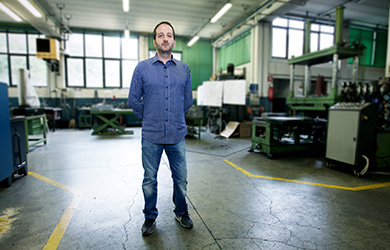
What is Elective Orthopaedic Surgery (EOS)?
Explore the benefits and risks of EOS and learn about the different types of surgical procedures.
A physical examination and assessment will be performed
You and your surgeon will decide if EOS is the right option
You will meet your healthcare team
Your healthcare team will determine the best approach to physical rehabilitation
Your team will develop your personalised plans for bleeding control, anasthesia, plan, management, and venous access
Your surgery date will be scheduled
Your healthcare team will monitor your surgery to prevent bleeding
How long your surgery will take depends on the type of surgery you are having
After surgery is performed rehabilitation will begin
After surgery, hemostatic treatment will be administered
Pain management will be given
Rehabilitation will start
Walk aids or compression stockings may be given
Length of hospital stay will be confirmed
Your haemophilia care centre team will likely be involved in all stages of the planning, execution, recovery and rehabilitation after surgery; but who are they?
Discuss outcomes of your surgery, perform the surgery, discuss rehabilitation
Bleeding and clot prevention plan, present during surgery, monitoring during and after surgery
Prepare you for surgery, support you before and after
Your consistent partner throughout the whole process
Perhaps a dentist, psychologist, pharmacist and/or social worker may be involved
Help you prepare your home for when you leave hospital
Plan your exercise for before and after surgery
Pain management during and after surgery, maintain anasthesia
If you or a loved one has made the decision to go ahead with EOS then we want to help you with some pre-surgery preparations. You can find more detailed information the ACT EOS Planning tool.
Before surgery, your physiotherapist will teach you exercises to strengthen your body. These exercises will be personalised for you and the type of surgery you will be having. Sticking to your physiotherapy plan is crucial to getting the most out of your surgery.
These simple steps may help you to get ready for surgery and recover more quickly. Before your operation you should:
This material is for educational and informative purposes only. It should not replace any advice or information provided by your haemophilia specialist and/or other healthcare professionals. Surgery in patients with haemophilia (with or without inhibitors) can carry specific risks that should be carefully assessed and discussed with your haemophilia specialist and multidisciplinary care team. Surgery in patients with haemophilia (with or without inhibitors) should always be done in consultation with a specialised haemophilia treatment centre.

